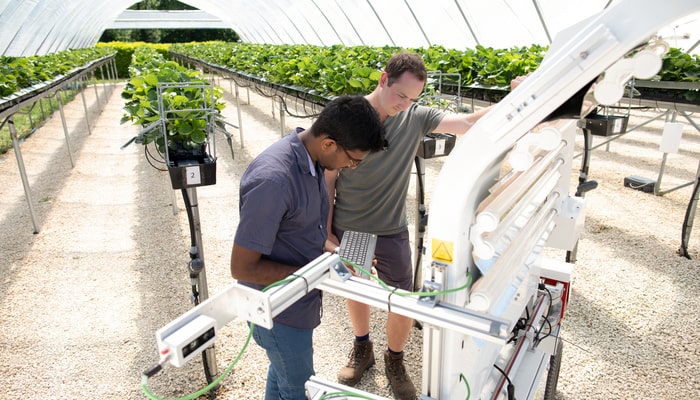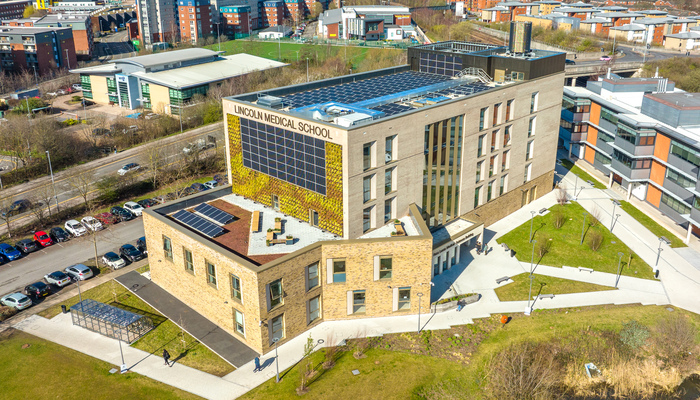Teaching and Learning
We are dedicated to empowering our students to become informed global citizens and agents of change by integrating sustainability into the curriculum. We believe that by embedding net-zero thinking into our teaching and learning, we can inspire our students to become innovative problem solvers, capable of designing sustainable solutions for real-world challenges.

/prod01/university-of-lincoln-cdn-pxl/media/responsive2017/businessengagement/Net,Zero,Banner.jpg )







